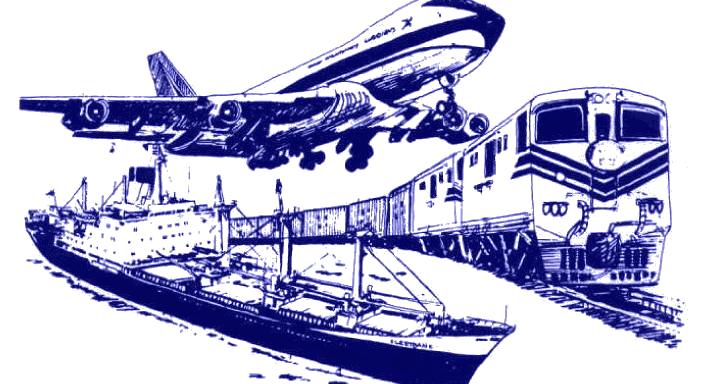Introduction in Transportation Strategies
As a crucial part of the logistics method and supply chain management, transportation must be effectively managed if organizations are to satisfy their customers and achieve acceptable rates of return on their investments.
Effective and efficient strategies are of paramount importance to both shippers and transportation carriers.
Shippers must be aware of the opportunities and pitfalls of inbound and outbound transportation, mode/carrier selection, contracts, transportation brokers, private carriage options, carrier performance evaluation, and so on.
Carriers must be experts in many areas, including marketing, pricing, negotiating, routing and scheduling, understanding customer needs, and managing human resources.
Transportation Management
The strategies of carriers and shippers are very much interrelated.
The competitive environment requires that transportation be an integral part of logistics strategy. Carriers must understand the role that transportation has in their customers’ logistics systems.
Logistics executives in shipper firms must be aware of how carriers assist in helping them to satisfy their customers’ needs at a profit.
In many organizations, the traditional role of the traffic executive has been expanded considerably, with greater emphasis being placed on how transportation decisions affect the firm’s marketing mix and aid in the creation of sustainable competitive advantage.
The transportation function must interface with other departments within and outside logistics, such as:
a) accounting (freight bills)
b) engineering (packaging, transportation equipment)
c) inventory management (raw materials, parts, components, finished goods)
d) legal (warehouse and carrier contracts)
e) manufacturing (just-in-time deliveries)
f) purchasing (expediting, supplier selection)
g) marketing/sales (customer service standards)
h) receiving (claims, documentation) and,
i) warehousing (equipment supply, scheduling)
The carrier-shipper relationship is an important one, it directly affects the transportation executive’s ability to manage successfully.
Shipper issues to be addressed include inbound and outbound transportation, mode/carrier selection, contracts, outsourcing transportation, private carriage/leasing, and strategic partnerships and alliances.
On the carrier side, the issues include pricing/negotiation, routing and scheduling, service offerings, competition, and marketing activities.





